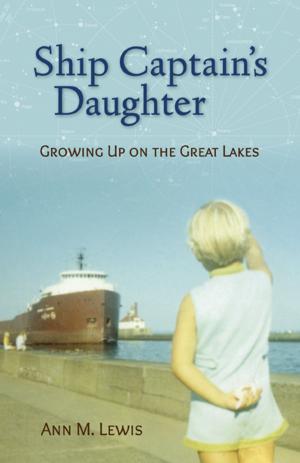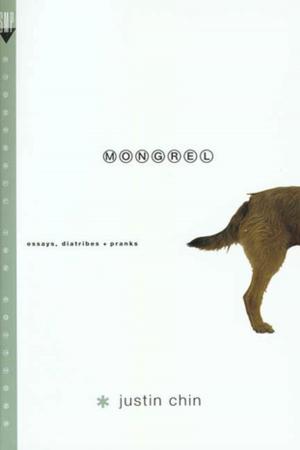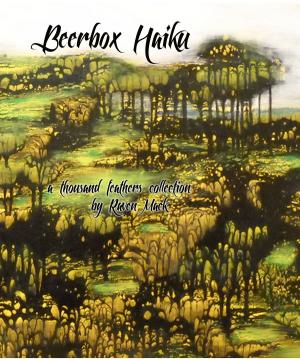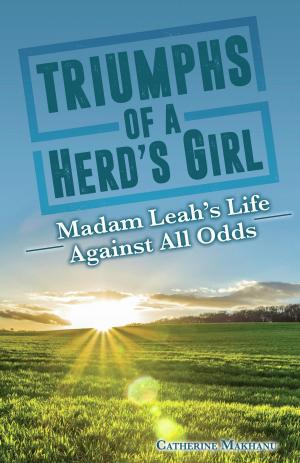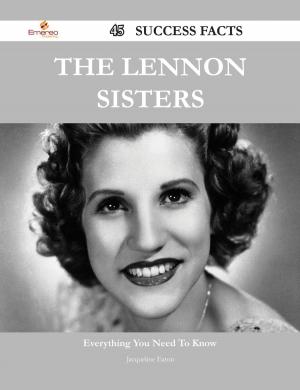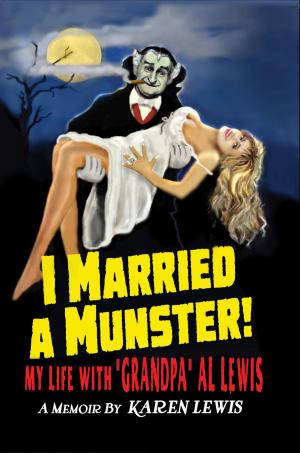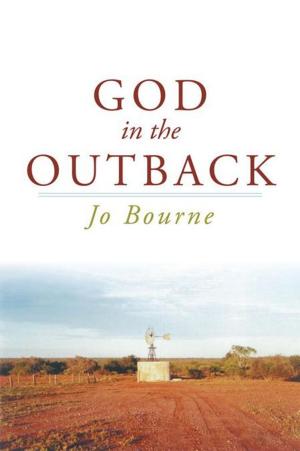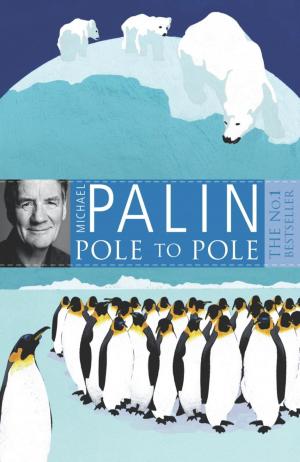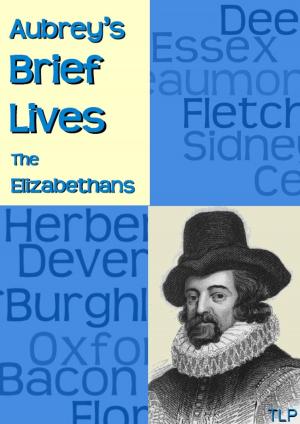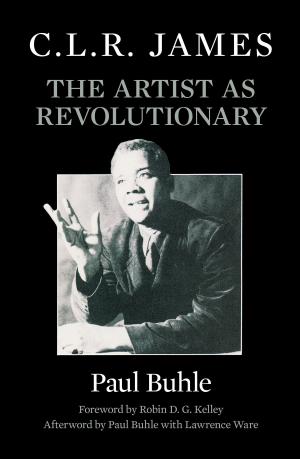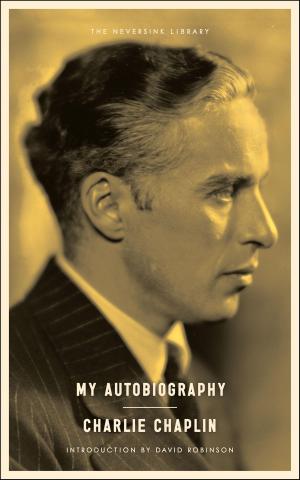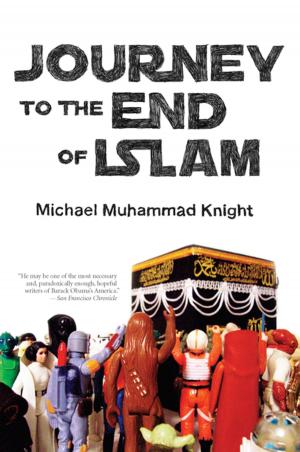| Author: | Walter Areinoff | ISBN: | 9781301868124 |
| Publisher: | Walter Areinoff | Publication: | September 19, 2013 |
| Imprint: | Smashwords Edition | Language: | English |
| Author: | Walter Areinoff |
| ISBN: | 9781301868124 |
| Publisher: | Walter Areinoff |
| Publication: | September 19, 2013 |
| Imprint: | Smashwords Edition |
| Language: | English |
In 1945, when General MacArthur stepped onto the beach at Lingayen Gulf on Luzon, he was welcomed by a woman guerilla leader whose army had fought their way north through the Japanese lines to be there. The meeting was broadcast all over the world. My mother-in-law recognized the woman’s voice as that of a childhood friend who, years earlier, had met and fallen in love with a Filipino student at Columbia. They married and moved to Manila. When I arrived in Manila later in1945, I found them and entered into an amazing adventure in the politics of the Philippine Islands.
While I was stationed as a United States Army dentist in Manila, I discovered that a new drug called “penicillin” could be used to cure heretofore incurable Trench Mouth in ambulatory patients. On my return in 1946, I submitted a report of my findings to the Journal of the American Dental Association. It was published in May of 1947, to the acclaim of the dean of my dental school, some of my colleagues, and many government agencies.
These are just two of the unbelievably incredible experiences I had during my days as an army dentist. This accounting starts as an attempt to understand “who I am and why I came to Pennsylvania”, a question I had to answer in freshman English at Penn, one that inspired this voyage for my self identity. The search for the answer carries me and my readers through my prearmy days, my days of stateside service, my overseas war time adventures, and those of my service in the Army of Occupation.
In the end, a summation in the style of Tolstoy describes what I found, understandings that will resonate in all of us.
In 1945, when General MacArthur stepped onto the beach at Lingayen Gulf on Luzon, he was welcomed by a woman guerilla leader whose army had fought their way north through the Japanese lines to be there. The meeting was broadcast all over the world. My mother-in-law recognized the woman’s voice as that of a childhood friend who, years earlier, had met and fallen in love with a Filipino student at Columbia. They married and moved to Manila. When I arrived in Manila later in1945, I found them and entered into an amazing adventure in the politics of the Philippine Islands.
While I was stationed as a United States Army dentist in Manila, I discovered that a new drug called “penicillin” could be used to cure heretofore incurable Trench Mouth in ambulatory patients. On my return in 1946, I submitted a report of my findings to the Journal of the American Dental Association. It was published in May of 1947, to the acclaim of the dean of my dental school, some of my colleagues, and many government agencies.
These are just two of the unbelievably incredible experiences I had during my days as an army dentist. This accounting starts as an attempt to understand “who I am and why I came to Pennsylvania”, a question I had to answer in freshman English at Penn, one that inspired this voyage for my self identity. The search for the answer carries me and my readers through my prearmy days, my days of stateside service, my overseas war time adventures, and those of my service in the Army of Occupation.
In the end, a summation in the style of Tolstoy describes what I found, understandings that will resonate in all of us.

